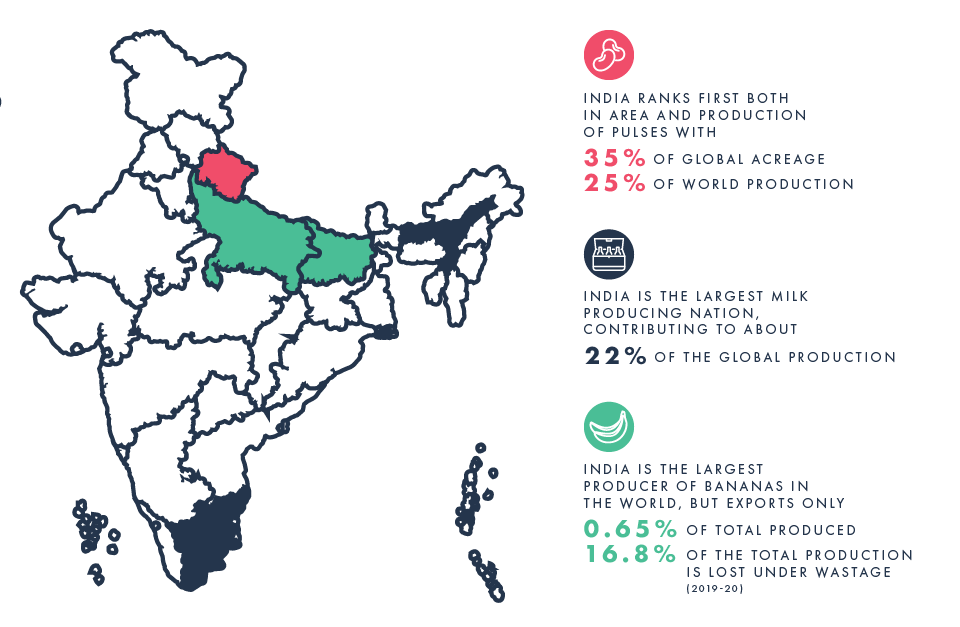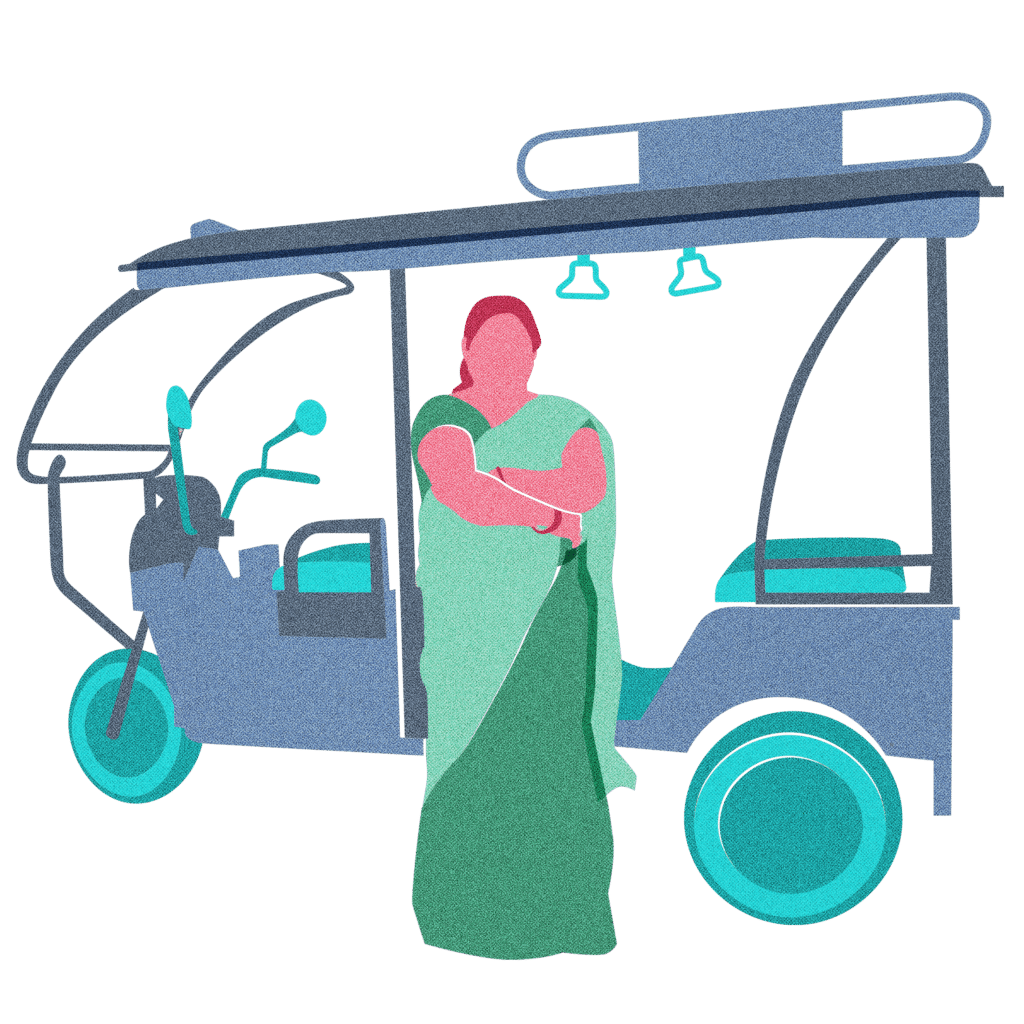The business potential in going beyond cooling as a service
Agriculture in the Indian Context

We have supported Inficold since 2016, as part of our CASEE programme with the UK’s Foreign, Commonwealth and Development Office (FCDO), to develop its thermal storage technology which can enable uninterrupted cooling where grid electricity supply is unreliable.

The new studies, drawing on a mix of quantitative and qualitative data, show how using standalone systems or add-ons to existing systems can impact revenues by moving beyond simply cooling and working to improve the ripening of fruit, the chilling of dairy products, and the reduction of moisture content in pulses.
By applying the Inficold technology in these ways, farmers across sectors have been able to reduce post-harvest losses and improve their product quality. The research also shows how by displacing diesel-powered generators the Inficold systems lowers operational costs for farmers and reduces harmful emissions.
| Case Study | Service, including Inficold unit | Revenue impact | |
| Nayanagar village, Balrampur district, Uttar Pradesh | Banana ripening, using solar powered Cold Storage facility | 10m/t CO2e annual emission reductions | Download case study |
| Pondichery | Milk Chilling, using standalone 200 Litre bulk cooler | 330% revenue increase within five months | Download case study |
| Nalbari | Instant milk chilling, using solar instant chiller add-on | 50% reduction in operating costs | Download case study |
| Bandhalgati Self Reliant Cooperative in Dehradun district, Uttarakhand | Reducing moisture in pulses, using solar cold storage system with inbuilt dehumidifier | 24% revenue increase | Download case study |
Barriers to scale
The four reports looked at the specific challenges that each sector faced in implementing cold storage sectors, with access to appropriate financing appearing across the board. Tanya Kothari, Agriculture Research Manager at Shell Foundation, addressed this in a recent blog for Efficiency for Access, as part of their AgTech Campaign. The blog identified the need for local and international stakeholders to support the sector by:
- Unlocking capital for distributed cold storage solutions: Governments and development partners can ease private sector investments by supplying capacity building and financial instruments such as first loss for local financial institutions, which could increase local currency lending.
- Investing in local relationships: SF partners including Inficold, InspiraFarms, S4S and KeepITCool have built relationships with multiple retailers, agribusinesses, dairy, fishing and farming cooperatives, governments and investors with experience across geographies, allowing for a broad analysis of the factors affecting commercial viability of their operations and of the smallholders with whom they engage.
- Developing multi-stakeholder partnerships: Effective partnerships between local agribusinesses, producer organisations, solution providers, governments and financiers, with the needs of the local stakeholders at the forefront, are fundamental to develop the technology and the knowledge base, communicate impact and catalyse investment.
- Conducting further research and piloting: There is a need to explore various business models to decide how return-on-investment and added value can be created for all value-chain actors.
















